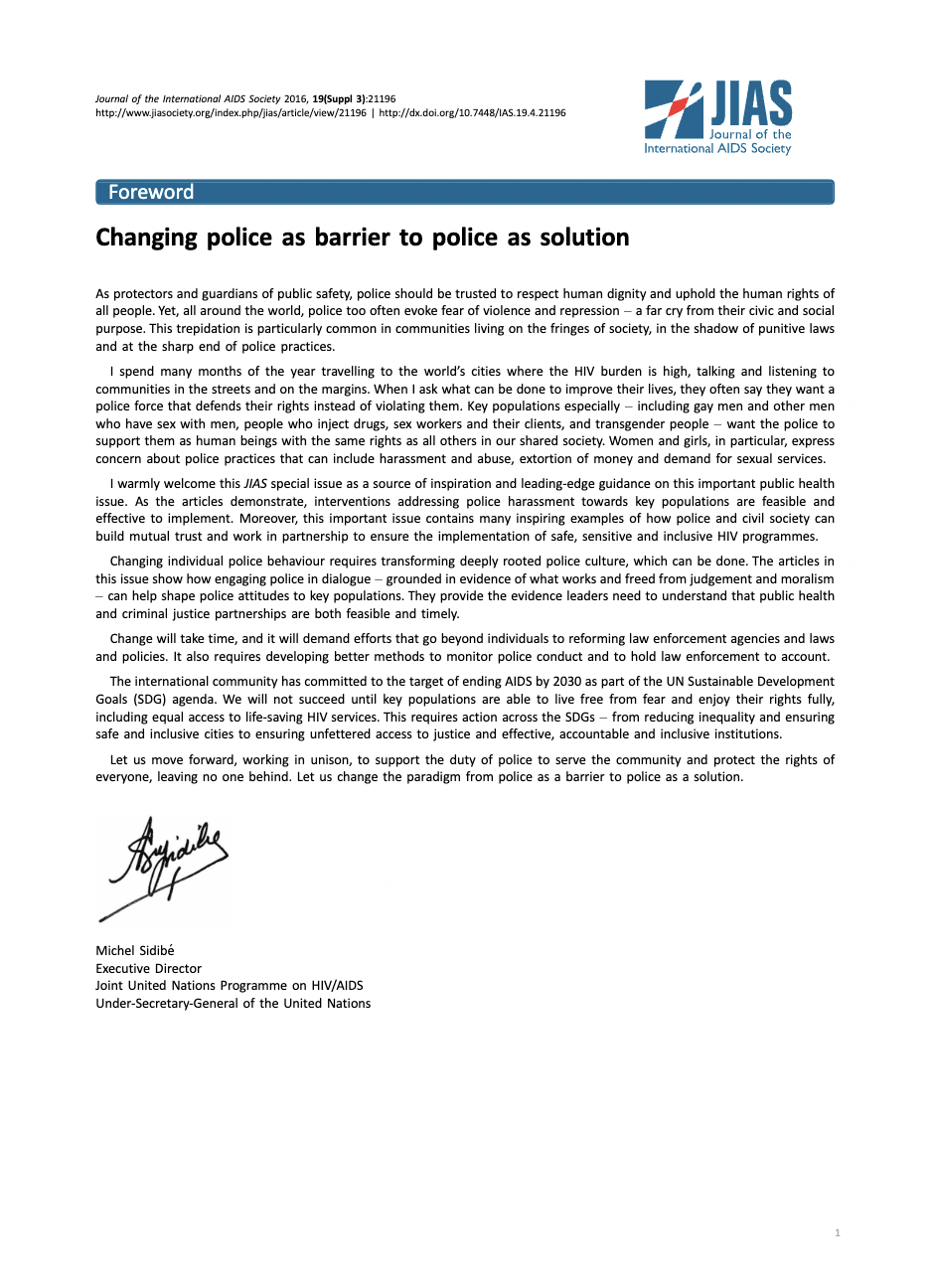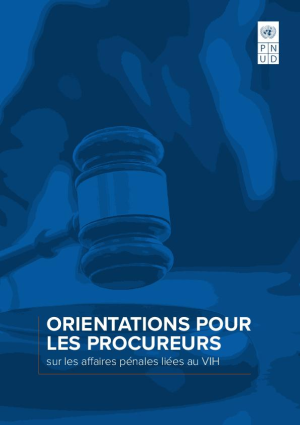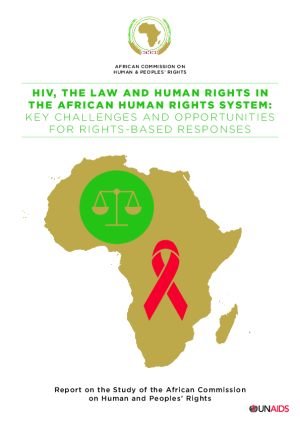La policía, la aplicación de las leyes y el VIH
Este número especial de la revista JIAS contiene ejemplos de cómo la policía y la sociedad civil pueden generar confianza mutua y trabajar en alianza para asegurar la implementación de programas de atención al VIH que sean seguros, respetuosos e inclusivos.
Este documento fue traducido de su idioma original usando DeepL Pro (una aplicación web basada en inteligencia artificial) a fin de facilitar la lectura del contenido para los usuarios de la HIV Justice Academy. Reconocemos las limitaciones de las traducciones realizadas a través de este tipo de tecnología y no podemos garantizar la precisión de la versión traducida.
Orientations pour les Procureurs sur les affaires pénales liées au VIH
Ce document d’orientation présente 10 principes clés qui devraient aider les procureurs à gérer une poursuite – ou une poursuite potentielle – impliquant une allégation de non-divulgation, d’exposition ou de transmission du VIH. Chaque principe est accompagné d’un commentaire plus détaillé examinant l’application spécifique du principe par les procureurs dans le cadre de leur traitement d’une poursuite potentielle ou en cours. Chaque principe et le commentaire qui l’accompagne sont fondés sur l’examen des meilleures preuves scientifiques disponibles, des normes internationales applicables en matière de droits humains, ainsi que des normes professionnelles largement reconnues qui régissent la fonction des procureurs au sein du système de justice pénale.
HIV, the Law and Human Rights in the African Human Rights System: Key Challenges and Opportunities for Rights-Based Responses
Report on the Study of the African Commission on Human and Peoples’ Rights. The report presents the current state of the HIV epidemic in Africa through a human rights and gender lens by showing the populations and locations most affected by HIV and those underserved by the response to the epidemic. It also describes the global, regional and national norms and standards relating to HIV and health, as well as their interpretation and application by African regional mechanisms, United Nations (UN) bodies and national courts and institutions. It further provides a detailed analysis of the key human rights challenges affecting the response to HIV on the continent.
- Alternative links
- Français



